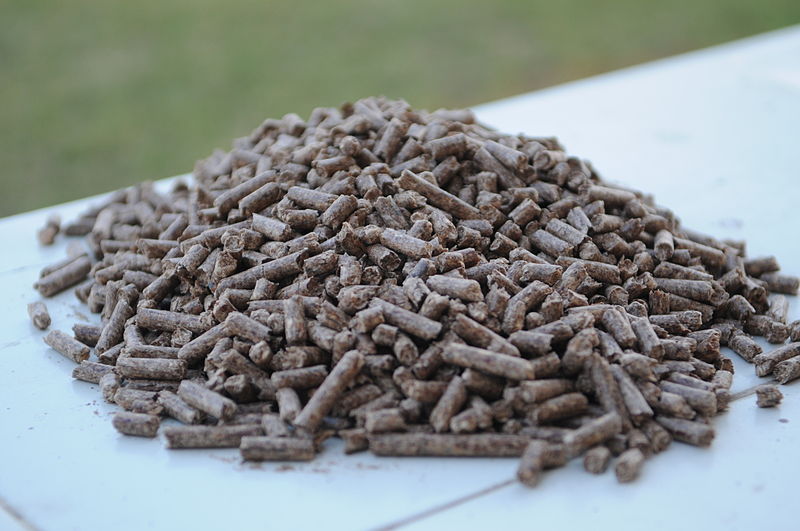The Department for Business, Energy and Industrial Strategy has relented after coming under significant pressure following its surprise cut to support for biomass-fuelled combined heat and power (CHP) installations earlier this year.
In July BEIS laid an amendment to the renewable heat incentive which intended to reduce the level of support available to biomass-fuelled CHP systems which use less than 20% of their fuel for electricity production.
The amendment was tabled in early July and was intended to reduce the support from 1 August, a 21-day timeframe which the Renewable Energy Association derided as “abrupt” and “very negative”, adding that it threatened to “significantly impact” the CHP industry.
Analysis conducted by the REA suggested that more than £140 million worth of investment in CHP projects in the UK was placed at risk by the surprise cut, however the trade organisation claimed victory last week after parliament undersecretary for industry and energy Jesse Norman revealed that a transitional period would be put into place.
During a seventh delegated legislation committee debate on the proposals, Norman noted that a transitional period would be required by the sector as it moves toward the lower tariff.
The transitional period will last until 31 March 2017, during which time only CHP plants which use 10% of its fuel for electricity will be impacted.
Frank Aaskov, renewable heat analyst at the REA, said the proposal was a “constructive step” towards restoring investor confidence in the biomass CHP market.
“Transparency in government decision-making is key to maintaining the confidence of investors developing the UK’s much-needed low carbon infrastructure.
“…Critically, the transition period should create a runway in which projects that have been under development or construction, some for as much as two years, can be completed,” he said.






